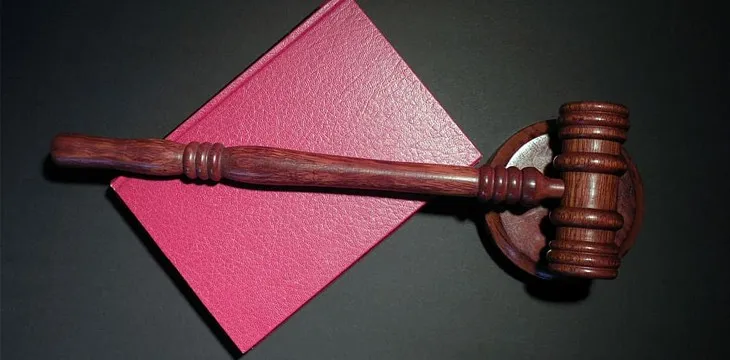|
Getting your Trinity Audio player ready...
|
Sentencing for the co-founder of digital currency scam has been deferred for three months, following a motion for delay from the United States government.
In the latest development in the case against those behind the OneCoin scheme, the New York Southern District Court approved a motion submitted by the U.S. government to adjourn sentencing for Konstantin Ignatov, co-founder and one-time executive of the defunct digital currency company.
The sentencing for Konstantin Ignatov, brother of fugitive “Cryptoqueen” Ruja Ignatova, has now been set for July 8.
Ignatov has been working with U.S. authorities as a cooperating witness in the trial against former OneCoin lawyer Mark Scott, who was charged with helping the scam launder $400 million of users funds.
After being arrested at Los Angeles International Airport in March 2019, Ignatov pleaded guilty to charges relating to the fraud, running into the multiple billions of dollars. Facing up to 90 years in prison, Ignatov has been cooperating with authorities in their search for his sister Ruja, as well as in the case against Mark Scott.
Ignatov has previously testified that his sister is on the run, after meeting with Russian speaking individuals, supporting claims that she has the backing of an unnamed Russian individual described as “rich and powerful” by witnesses.
Ruja Ignatova has remained undetected since her disappearance, with authorities keen to speak to her in connection with her central role in the OneCoin scam.
OneCoin was founded in 2014, and had been trading until as late as November 2019, despite an ongoing global manhunt for its key personnel, which ultimately led to the arrests of Scott and Ignatov.
Described by authorities as a Ponzi scheme, OneCoin allegedly procured $4.4 billion in funds from unsuspecting users, on the promise of investment returns it was unable to deliver.
The funds were then in large part laundered by lawyer Mark Scott, through a network of fake companies and investment vehicles set up to cover the origins of the money. Scott was found guilty of money laundering among other charges in November 2019.

 07-14-2025
07-14-2025 





